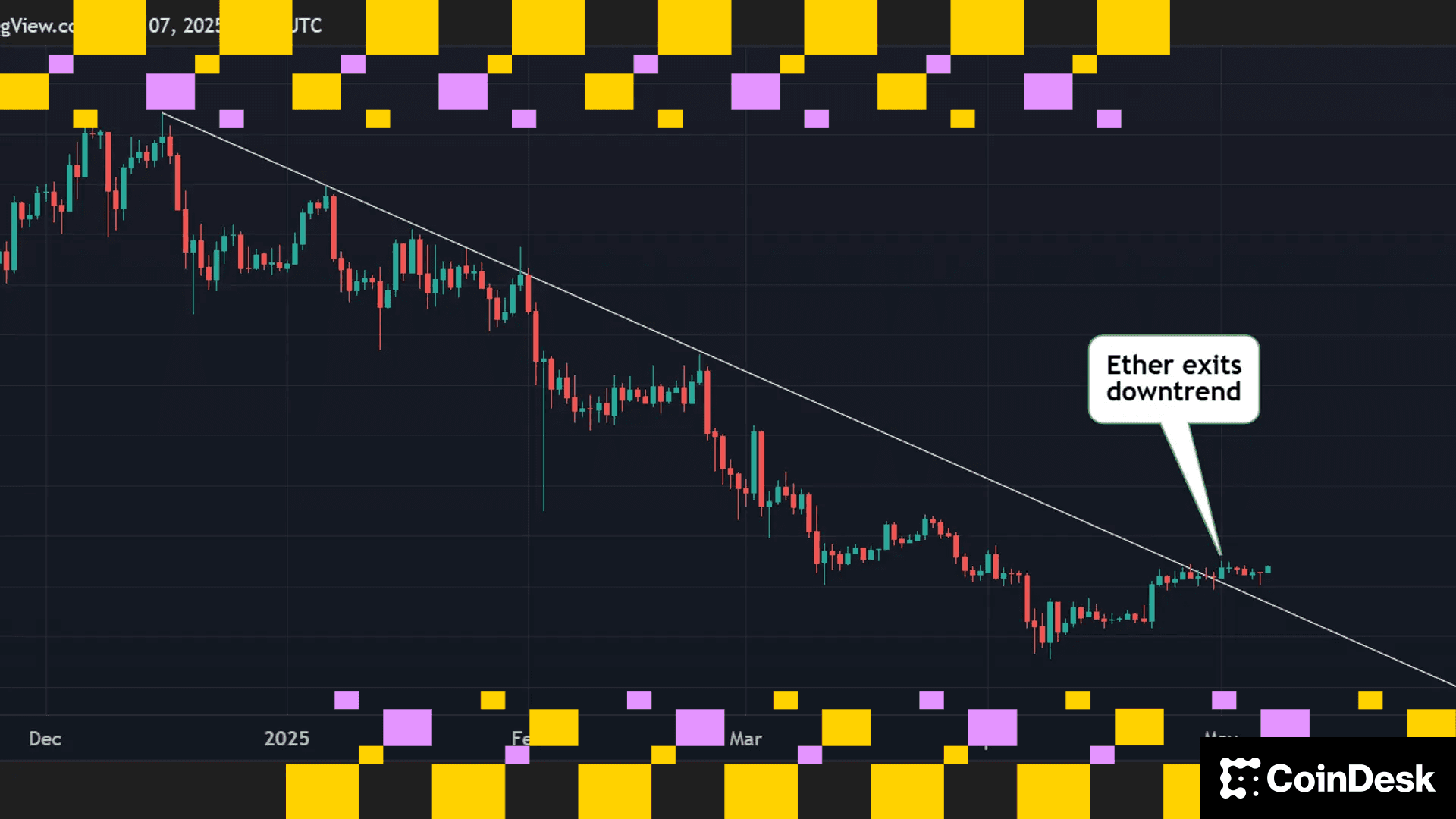Argentina President Milei Disappoints Some Bitcoiners as Crypto Registration Rule Begins
The nation unveiled a mandatory registration process for cryptocurrency platforms.

Argentina last week moved forward with implementing a Registry of Virtual Asset Service Providers (VASP), drawing some outcry from those who hoped the nation might be heading in the direction of El Salvador's welcoming of Bitcoin.
The new law means platforms and individuals who purchase, sell, send or trade cryptocurrencies must adhere to a registration process. While the regulation appears to have been left over by the previous government, the fact that it's moved forward and has now become law under President Javier Milei is disappointing to those who imagined Latin America was going to get another bitcoin-friendly leader.
“Javier Milei makes his first major mistake,” tweeted Max Kieser, a longtime Bitcoin maxi and an advisor to El Salvador President Nayib Bukele. “He never took the time to understand #Bitcoin, now he’ll suffer the consequences.” El Salvador under Bukele in 2021 became the first nation on the globe to make bitcoin legal tender.
Javier Milei makes his first major mistake.
— Max Keiser (@maxkeiser) April 1, 2024
He never took the time to understand #Bitcoin, now he’ll suffer the consequences. https://t.co/P2arqfxrE2
The libertarian Milei, who had previously lauded Bitcoin as a safe haven against central banking and inflation, came to power in December 2023 amid triple digit annual inflation. To this point, he's had some success trimming the size and scope of the government, with Argentina this year posting its first monthly budget surplus since 2011. The monthly inflation rate fell to 13.2% in February from 20.6% in January and 25.5% the month before that.
To be sure, not everyone views the new VASP law as negative. “If Argentina wants more access to foreign investment, this [the new regulation] is one of the things that needed to be implemented,” said an Argentina resident on X.
Correction (4/4/24, 17:55 UTC): Removes paragraph suggesting payments app Strike changed/removed services in Argentina in response the new regulation.
More For You
Exchange Review - March 2025

CoinDesk Data's monthly Exchange Review captures the key developments within the cryptocurrency exchange market. The report includes analyses that relate to exchange volumes, crypto derivatives trading, market segmentation by fees, fiat trading, and more.
What to know:
Trading activity softened in March as market uncertainty grew amid escalating tariff tensions between the U.S. and global trading partners. Centralized exchanges recorded their lowest combined trading volume since October, declining 6.24% to $6.79tn. This marked the third consecutive monthly decline across both market segments, with spot trading volume falling 14.1% to $1.98tn and derivatives trading slipping 2.56% to $4.81tn.
- Trading Volumes Decline for Third Consecutive Month: Combined spot and derivatives trading volume on centralized exchanges fell by 6.24% to $6.79tn in March 2025, reaching the lowest level since October. Both spot and derivatives markets recorded their third consecutive monthly decline, falling 14.1% and 2.56% to $1.98tn and $4.81tn respectively.
- Institutional Crypto Trading Volume on CME Falls 23.5%: In March, total derivatives trading volume on the CME exchange fell by 23.5% to $175bn, the lowest monthly volume since October 2024. CME's market share among derivatives exchanges dropped from 4.63% to 3.64%, suggesting declining institutional interest amid current macroeconomic conditions.
- Bybit Spot Market Share Slides in March: Spot trading volume on Bybit fell by 52.1% to $81.1bn in March, coinciding with decreased trading activity following the hack of the exchange's cold wallets in February. Bybit's spot market share dropped from 7.35% to 4.10%, its lowest since July 2023.
More For You











